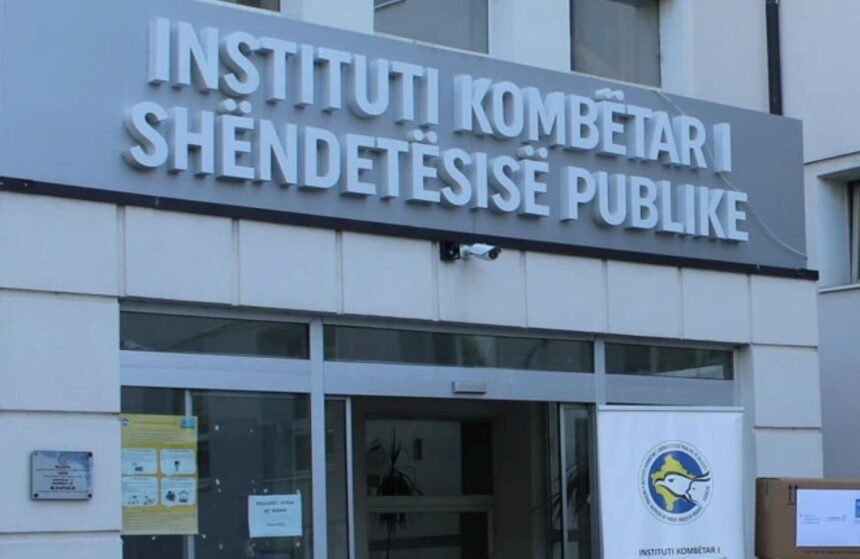Since early February, Kosovo has been administering the human papillomavirus (HPV) vaccine to boys aged 11 to 12, marking a significant step in public health efforts. According to the National Institute of Public Health of Kosovo (IKSHPK), the immunization process has been running smoothly, despite some initial hesitations from parents.
Fetie Fetaj, head of vaccination at IKSHPK, stated that the HPV vaccination program began last year for girls, achieving an 85% coverage rate among those aged 11-12.
“The process started on February 3, and so far, everything has gone well. Some parents have requested additional information, which is understandable, as this is the first year we are vaccinating boys. Last year, we had strong participation among girls, with around 85% receiving the vaccine,” Fetaj explained.
She emphasized that the HPV vaccine is safe and that no adverse effects have been reported among the 10,000 girls vaccinated last year.
The HPV vaccine protects against several types of cancer, including cervical cancer. “HPV can cause cancer in both genders, including cancers of the throat, genitals, and head, as well as genital warts. Vaccinating both boys and girls reduces virus transmission, and we expect to see the long-term benefits in the next 10 to 15 years,” Fetaj added.
Kosovo’s vaccination calendar has recently expanded to include three additional vaccines, including those for rotavirus, pneumococcus, and meningitis. Fetaj noted that over 90% of the population is covered by the country’s immunization program, ensuring high protection against preventable diseases.







